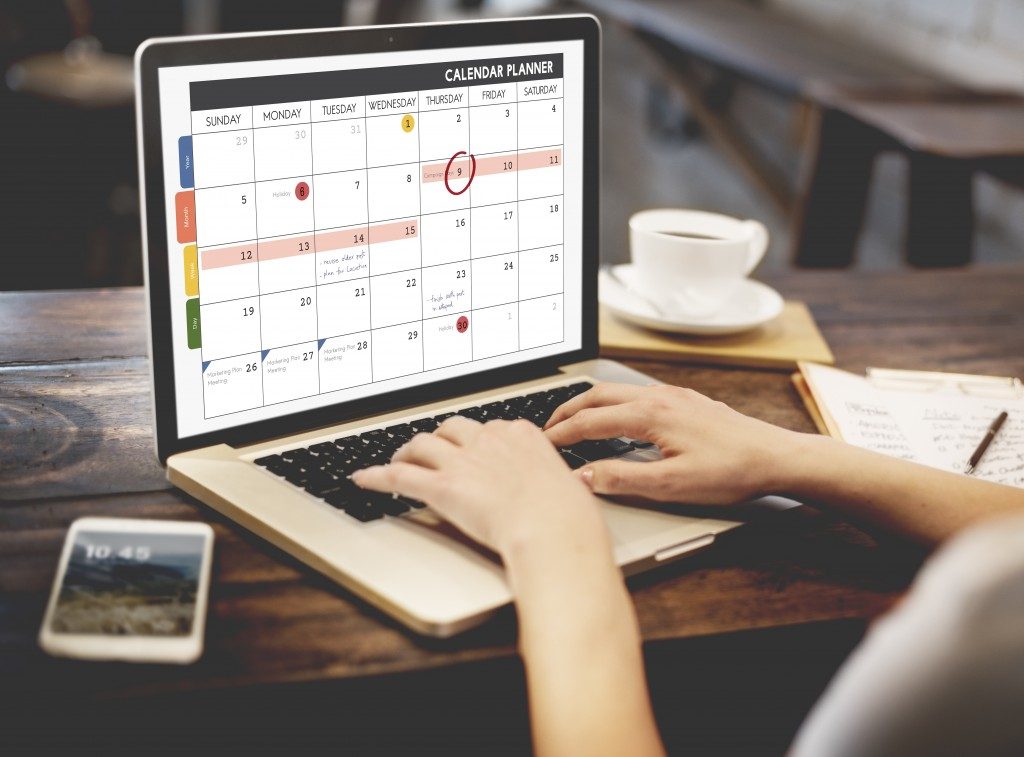You’re suddenly battling fires from all directions. The big event is in a few months. Set to fill a venue of 25,000 people, this is the most significant event you’ve handled in your young career as an event organizer. One of the delays pertains to the minor renovation near the front of the stadium. The company supplying the concrete repair products encountered some problems with their source.
The works were supposed to be done this week, but now it’s going to be pushed back for another week. Lights and sounds are good to go. The performers have so far remained committed, with no signs of cancellations or backing down. Sponsorships and advertisers have been phenomenal. One thing that you’re a little concerned about is security.
You’ve handled projects before that required security, but never at this magnitude. So you’re asking friends and experts in the industry to help you with the security arrangements.
An Overview of Security Services
If you’re talking about the cost of getting security guards, the national average price is between $20 to $30 per hour. Experience and expertise also affect cost. For example, a former marine with combat training would cost more than a regular security guard without military training. But securing your event is more than just hiring security guards.
Security is also about coordination with local authorities, risk assessments, and having the necessary equipment to track and monitor activities from different locations of the venue.

Key Areas to Consider
According to a document from the Office of Community Oriented Policing Services of the U.S. Department of Justice, pre-planning for a significant event should take place at least 12 months before the event. Here’s how you can ensure security for the venue and the participants in your event:
- Risk assessments. If Ronald McDonald, Grimace, and Hamburglar are the leading personalities in your birthday party event, that is already an indicator of the possible risk or threats your event might have, which for all intents and purposes would probably be zero. If former President Barack Obama is set to attend a 100-person private concert by Katy Perry to help raise funds for UNICEF’s education and nutrition campaign in east Africa, then you can expect the security protocol to be at the highest level. Who are the personalities involved, and how controversial are they? Will they attract protests? These are just some of the questions you need to ask.
- Communication is key. Your team must be able to talk to each other, and where possible visible to some if not to everyone. This is where the use of equipment like walkie-talkies and CCTV becomes critical. Make sure that team members are communicating with each other and especially reporting any suspicious activities that might pose a threat to the safety and security of people in attendance.
- Obvious presence. Make people at the event know that the place is adequately secured by ensuring the visibility of your security measures. These include your uniformed (and possibly armed) security guards and surveillance systems. Experts say that the goal of security measures is to prevent threats and not to respond to threats.
You need to plan for security checkpoints and medical emergencies. Plans for crowd control need to be firmly in place. There’s more to add to this list, but these main points help cover a big chunk of your security planning.

